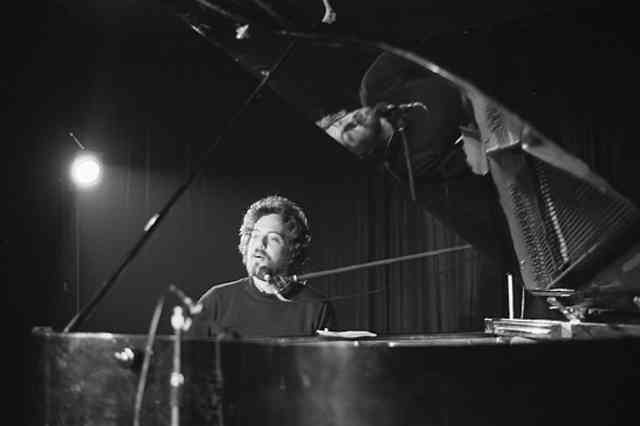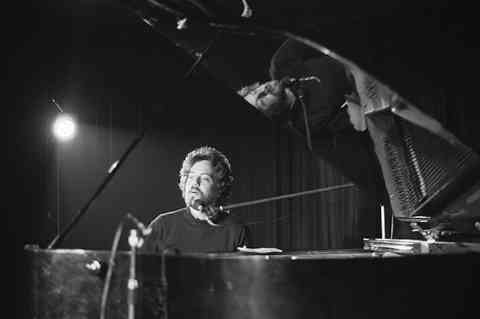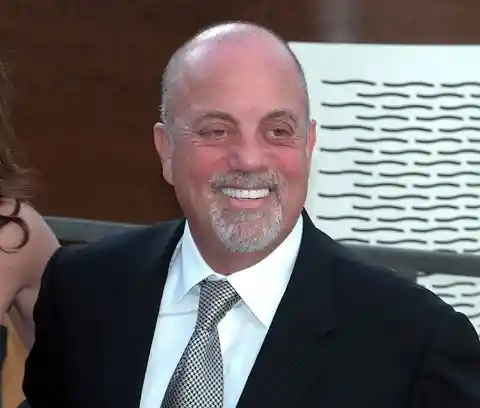Billy Joel’s Beginnings
Was it anti-Catholic or not?
That was the big question when Billy Joel’s song “Only The Good Die Young” became a hit in 1977. Controversial, maybe even a bit creepy, the song had people talking about it as well as singing along to it. Here’s how Joel’s hit got its start and why the questions surrounding it took a while to die down.


Born in 1949, Billy Joel got an early start in music: His very first gig took place in 1964 at a church. Throughout the set, during which he played a plethora of Beatles covers, a young girl named Virginia stared intently at him; she would later be immortalized as the “Virginia” in the song “Only the Good Die Young.”
The show transformed how Joel saw music, as he realized a career as a musician could be both lucrative and a means of attracting members of the opposite sex. From that point on, music became increasingly important in his life, eventually leading to his failure to graduate from high school. Because he was playing a late-night gig and missed a final exam that would determine whether or not he would graduate, Joel didn’t receive a diploma along with his classmates. He eventually earned a high school diploma in 1992, after submitting essays to the school board that were accepted in place of the exam.
Controversy Comes To The Piano Man
Joel released his first solo album, Cold Spring Harbor, in 1971, and released his third album, Piano Man, two years later. The album was a moderate success, but follow-up recordings failed to ignite much interest. In 1977, on the verge of being dropped by his record label, Joel released The Stranger, an album that included “Scenes from an Italian Restaurant,” “Just the Way You Are,” “Only A Woman,” and the controversial “Only the Good Die Young.”
“Only The Good Die Young” quickly grabbed attention not only because of its lyrics but also its sound. A review in Cash Box raved that “Billy grabs the fun with a rollicking, handclapping beat.” But the song’s words captured the most attention, leading to a “love it” or “hate it” controversy that would ensue in public and religious forums.
The song, which begins with “Come out Virginia, don’t let me wait,” was written from the perspective of a young man trying to convince a Catholic girl to have sex with him. The song ‘s narrator believes that Virginia is holding back because she is saving herself for marriage. He attempts to convince her that although it appears he has a bad reputation because of the friends he spends time with, he asserts that those he hangs around with “might be laughing a bit too loud, but that never hurt no one,” so he “…might as well be the one.”
Going even further, the narrator tries to convince Virginia that waiting for a reward in heaven isn’t worthwhile, and that he’d “rather laugh with the sinners than cry with the saints.” Virginia, alas, remains steadfast in her chastity, but that did little to ease the controversy over the song’s imagery and what was considered its suggestive nature. For his part, Joel contended that the intent of the lyrics was misinterpreted; when interviewed for Performing Songwriter magazine, he explained that, “…the point of the song wasn’t so much anti-Catholic as pro-lust.”


Banning The Song Leads To Climbing The Charts
When The Stranger was initially released, “Only The Good Die Young” didn’t attract much attention, but as soon as the Columbia record company released the song a single, controversy began to swirl. Radio station WSOU at Seton Hall College, which was affiliated with the Catholic Archdiocese in Newark, banned the song, owing to the fact that the college president took exception to some of the lyrics. Following its removal from that radio station’s playlist, the song was banned by the St. Louis and the Boston archdioceses, and the Catholic Church began pressuring other radio stations to follow suit. During the 1978 Stranger tour stop in St. Louis, Joel received death threats intended to prevent him from performing “Only The Good Die Young,” but in defiance, he sang the song twice and invited the audience to sing along with him. He ended the show with “Don’t take any shit from anybody.”
Initially, the song didn’t catch on in a major way with listeners and hadn’t sold well, but after its very public banning, “Only The Good Die Young” rapidly climbed the record charts. According to Joel, the eventual success of the single inspired him to write letters to the archdiocese asking them to ban his next album.